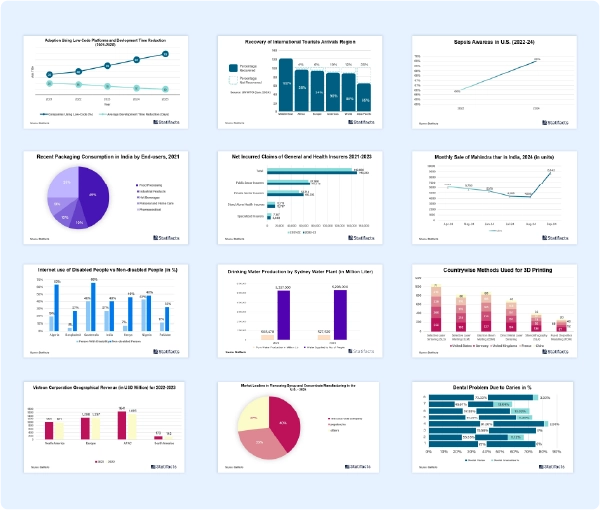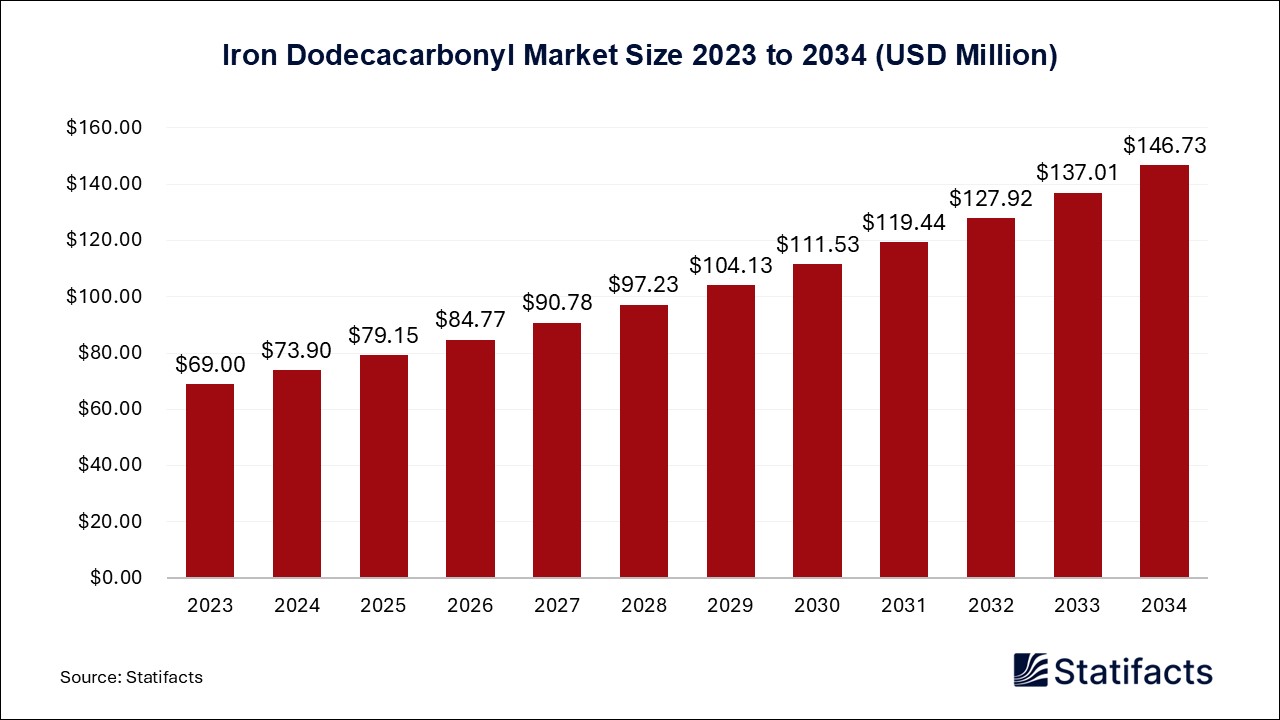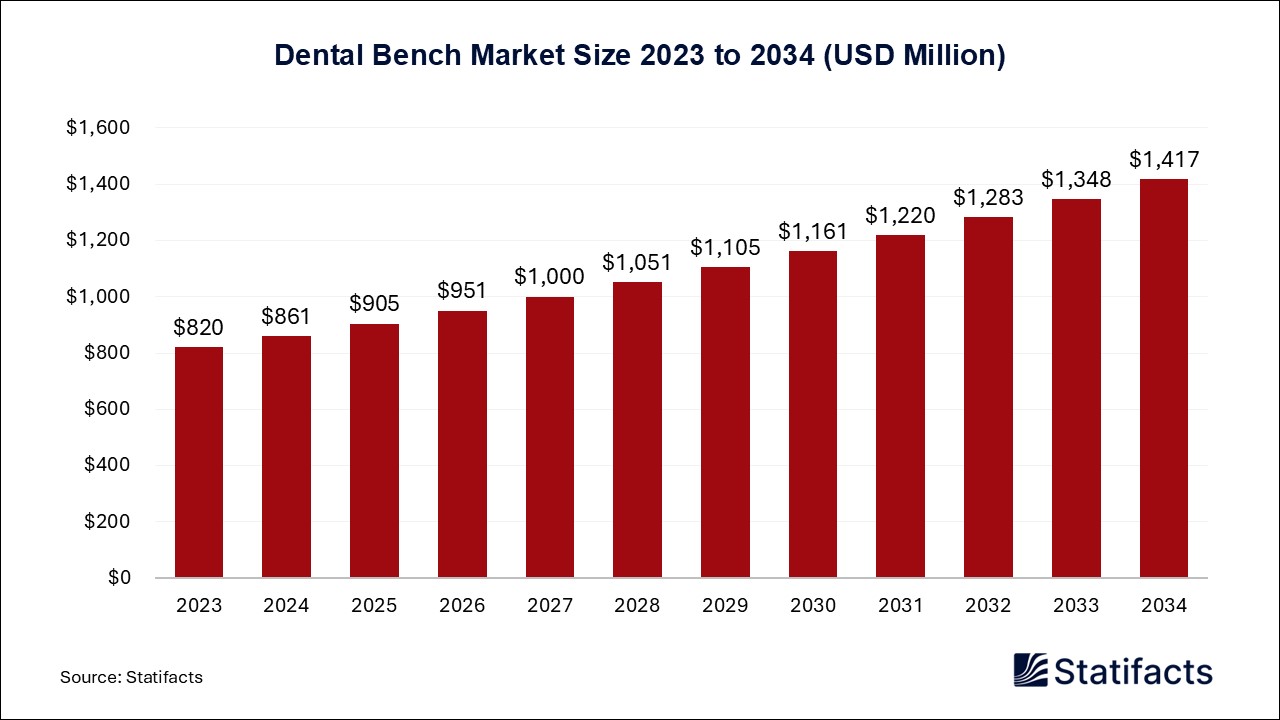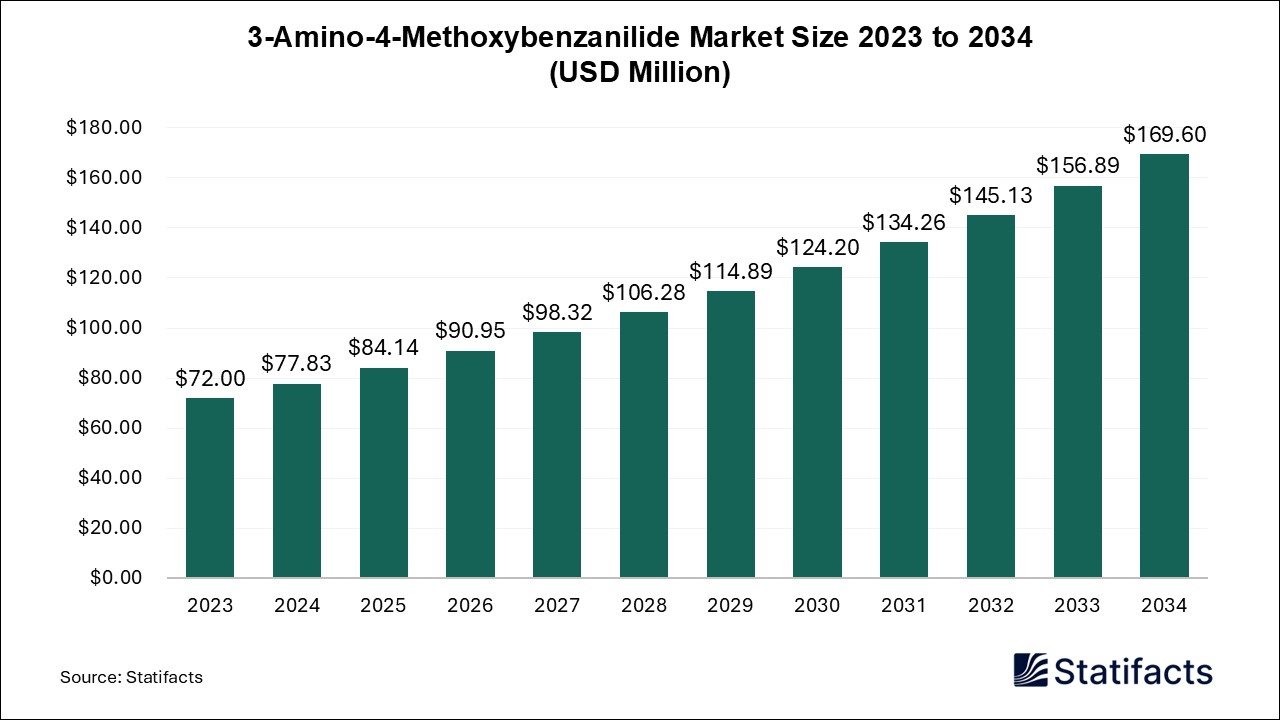

Our customers work more efficiently and benefit from
The digital biology merges AI with life sciences for breakthroughs in health, agriculture, and biotech, despite high costs and data privacy concerns.
The digital biology market refers to the development and distribution of products and services that integrate biology and other life sciences with computational technology and artificial intelligence. The healthcare and agriculture industries are some of the areas where digital biology has prominent applications. The other key fields that come under this market’s umbrella are agriculture and environmental science. Digital biology has a variety of applications, including in the development of organic, eco-friendly fertilizers, pesticides. Numerous elements of digital biology include digital epidemiology, bioinformatics, health informatics, synthetic biology, and bio-inspired computing. The advent of precision medicine and the growing need for drug development and the detection of diseases are driving demand in the industry.
High demand in the synthetic biology and gene editing sectors is leading to a spillover effect, propelling demand in the digital biology market. DNA sequencing and related technologies are used to form new biological parts and systems or revamp existing ones by concentrating on living organisms. The genetic material in viruses, bacteria, yeasts, plants, or animals can be altered using synthetic biology to provide them new, desired attributes. These manipulations allow for the development of specialized products for the medical and biotechnology industry, with both agricultural and industrial production applications. Key market players in the space are also using digital biology to automate and scale synthetic biology processes, which significantly brings down the cost of designing new biological systems.
Artificial intelligence has a crucial place in the digital biology market. The use of AI-powered deep learning models to conduct rapid analysis of large genomic datasets is speeding up research, allowing for breakthroughs in disease prediction, clinical trial conduction, and personalized medicine. It is notable how AI helps with precision in the modulation of drugs and vaccines, consuming lesser time and money for medical trials yet also bestowing the best possible predictions for researchers to delve into while looking forward to originating better resources and solutions.
Researchers are also utilizing technologies such as digital twins or virtual biological systems to run simulations related to drug efficacy and to study the effects of genetic modifications in silico before opting for real-world testing. Tech companies such as NVIDIA are partnering with biotechnology firms to build AI-powered digital twins of human cells for simulating disease pathways.
Despite the many advantages offered by products and services in the digital biology market, the prohibitively high costs of implementing the technologies, along with the demanding infrastructure requirements, serve as barriers for small and medium-sized biotech firms and academic institutions, which are often strapped for funding. Incorporating digital biology solutions into the existing organization requires hosting high-performance computing (HPC) and cloud storage. This high price tag limits the adoption of this technology. Coupled with data privacy concerns regarding the handling of sensitive patient information, this forces companies to pledge investment for secure data storage, encryption, and compliance measures, increasing operational costs.
The growth prospects of the market are forecasted to grow as progressions in computational biology, data analytics, and biotechnology are surging. The adoption of digital tools in the field of genetic engineering and proteomics facilitates the rising demand for personalized medicine by using hereditary data to create tailored medicines and remedies according to the patients’ requirements. Increasing demand in the digital biology market is also leading to interest in newer fields, such as quantum biology.
The novel branch deals with how quantum mechanics influences biological processes through entanglement and quantum tunneling. The use of these models allows the imitation of enzyme performance and proteins while considering quantum mechanical consequences. Several biological procedures can hence be assisted by quantum biology to figure out how new biological solutions can possibly be created. There are technologies such as quantum technology-based hyperpolarized MRI/NMR, high-speed 2D electronic spectrometers, and computer simulations that are being formulated to know how biological systems and quantum mechanics can work together to study elementary life procedures. The emergence of prominent technologies and sub-sectors, such as quantum biology, are expected to spur growth in the digital biology market in the coming decades.
By Tools
For any questions about this dataset or to discuss customization options, please write to us at sales@statifacts.com
| Stats ID: | 8167 |
| Format: | Databook |
| Published: | April 2025 |
| Delivery: | Immediate |
| Price | US$ 1550 |

| Stats ID: | 8167 |
| Format: | Databook |
| Published: | April 2025 |
| Delivery: | Immediate |
| Price | US$ 1550 |

You will receive an email from our Business Development Manager. Please be sure to check your SPAM/JUNK folder too.

Unlock unlimited access to all exclusive market research reports, empowering your business.
Get industry insights at the most affordable plan
Stay ahead of the competition with comprehensive, actionable intelligence at your fingertips!
Learn More Download
Download

